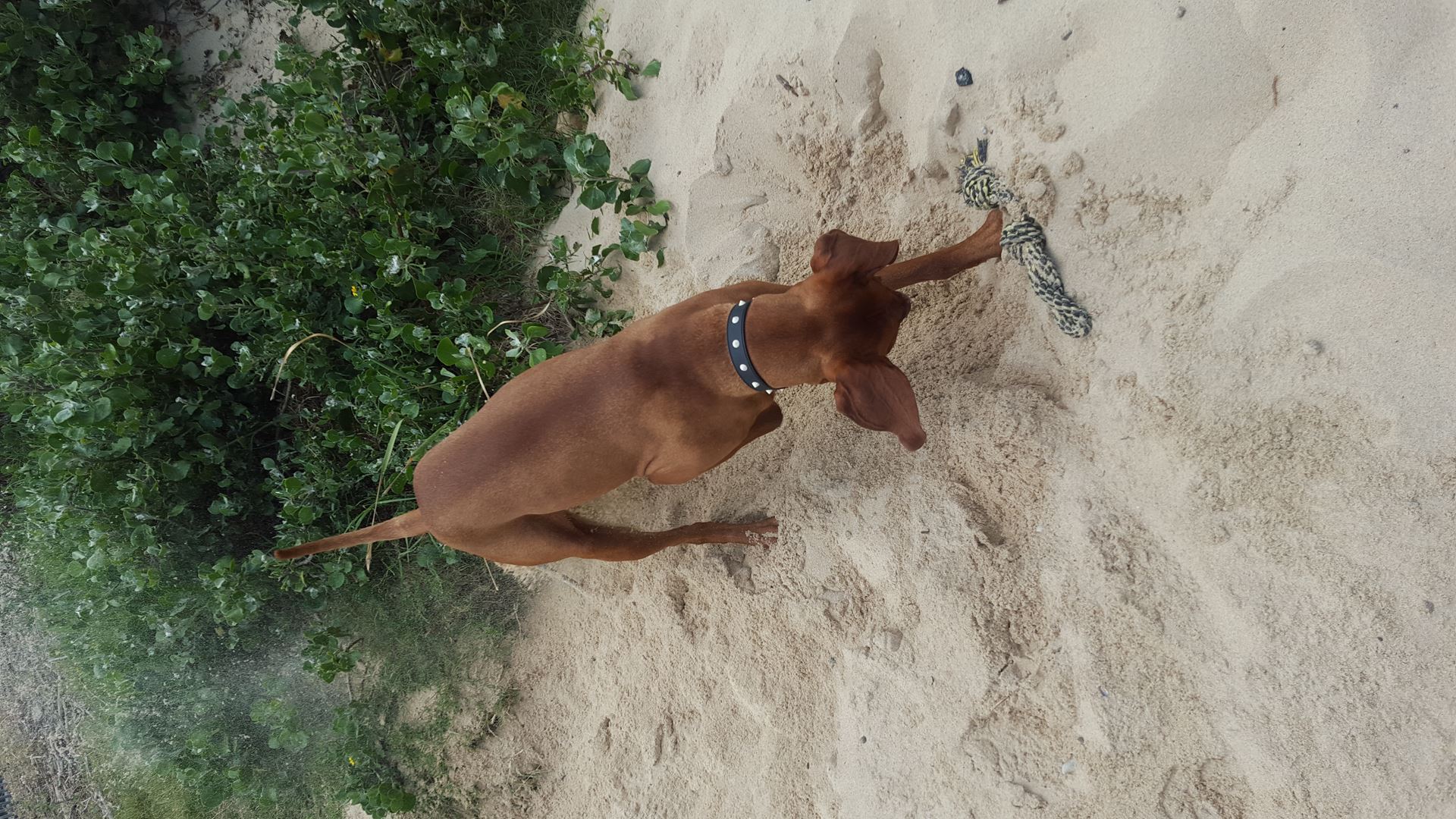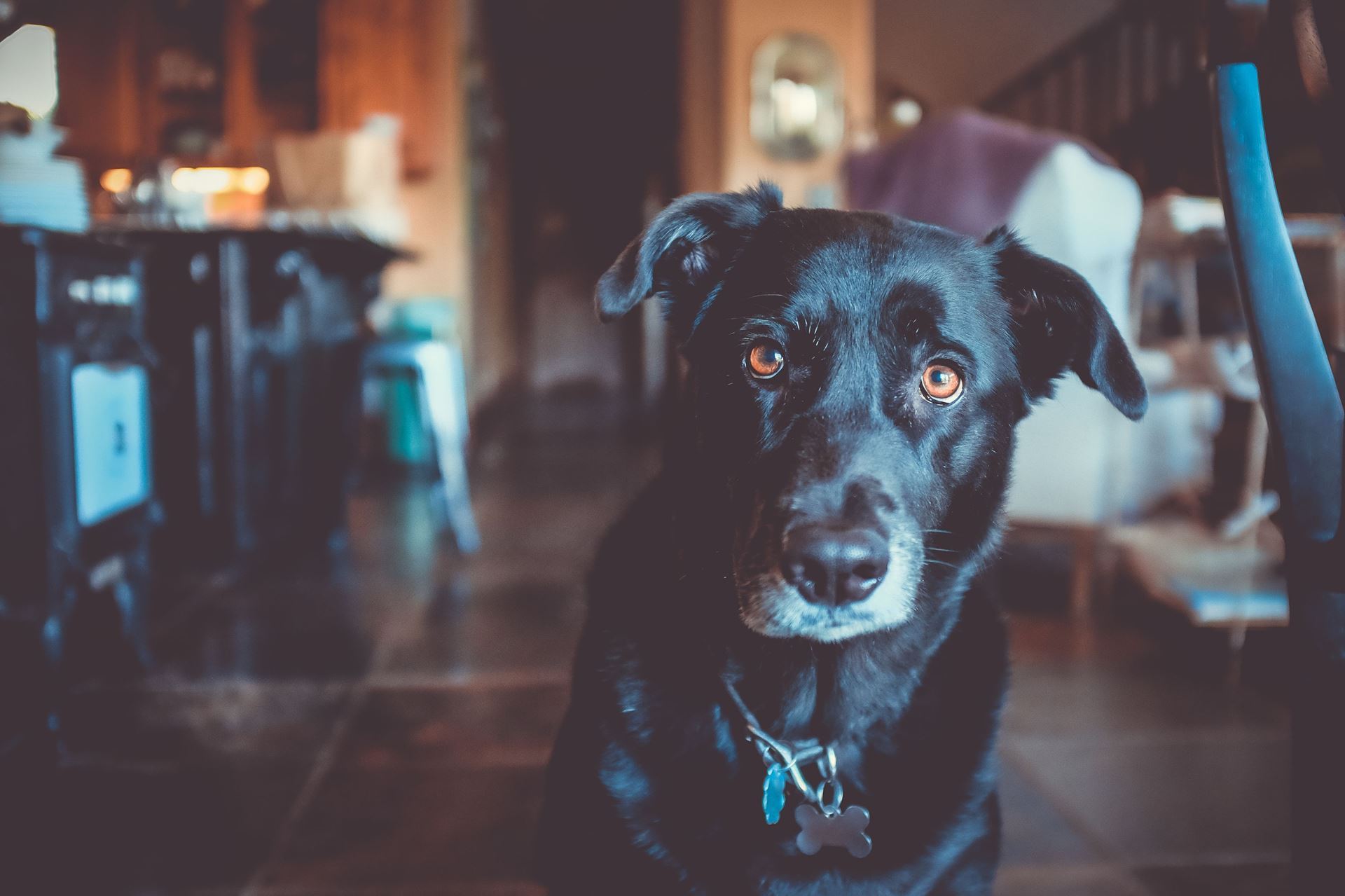- Home
- Pet Owners
- Dog Advice
- Society and Culture
- The Reality of Dog Ownership
The Reality of Dog Ownership
Dogs are awesome. And lots of Australians agree. Dog ownership has been on the rise, with almost half of Aussie households sharing their lives with at least one dog1. And, for the most part, dog ownership is a positive experience. Benefits cited by Aussie pet owners include love & companionship, benefits to (the human’s) physical & mental health, and social benefits such as connection to community. However, with those benefits of course come challenges. Aside from glamorous social media pictures of dogs riding in kayaks, snuggling into the kids on the couch or joining in a family hike, what does dog ownership really look like? Firstly, there’s time. “It’s like having another kid” is a common comment from new pup owners. When puppies first join a family (potentially from 8 weeks of age), they sleep for a good chunk of time. However, this period only lasts several weeks, and during this time, they need to be closely supervised to help them settle into their new life. Once they get a little older, they get a little more active, and can be really “busy” for the first couple of years of life. Cue regular outings, enrichment puzzles and lots of socialisation (which isn’t just play with other dogs – see this article). You may have come home tired from a day at work and really need to do some housework. Your dog may have other ideas! Meeting their needs takes time. How much time depends hugely on the dog, environment, life stage and more. However, I know when those puppy eyes look at me, I’d prefer to play, go for a walk, do some training games, or just snuggle/coexist. Work, household duties or social catch ups may have to wait! Secondly, expectations. Along with those beautiful social media images is the high expectations of behaviour pet dogs tend to be under now (& therefore us, as their owners/guardians/pet parents). A client burst into tears recently. Her dog had snapped uncomfortably at another dog. Her thoughts immediately drifted to labels (“aggressive”, “reactive”) & also to: what had she done wrong? The dog had been really social, and, over the past 6 – 9 months, had begun reacting to a small number of dogs. Hence started a great discussion around expectations. We expect a lot from our pet dogs. We expect them on one hand to cope calmly in a large social circle of varying species, but also to cope calmly alone for many hours. We expect them to walk nicely on lead, return to us whenever we ask them, calmly greet other species whose faces are 5 – 6 feet in the air, play nicely, chew only things we permit, pee where we’d like…and the list goes on. I’m not saying that, sometimes, all of this isn’t attainable. It’s just that it is a lot. And if some is not achievable for a particular dog, it doesn’t make them a ‘bad dog’, nor their human a ‘bad owner’. Like every relationship, it’s working out the right balance, discovering each animal’s strengths & challenges. If it is achievable, it often takes work to get there. It’s estimated Australian dog & cat owners collectively spend almost $1 billion on training/behaviour/therapy each year. This drive to have the “perfect” dog is not driven from a ‘vain’ standpoint. Dog owners overwhelmingly want what’s best for their dog, and want them to live an enriched & fulfilled life. The dog training industry in Australia, and in fact essentially globally, is unregulated. This means there are no legal guidelines for dog trainers to behave in a certain way, or to be able to back up claims made. Anyone can label themselves anything. Which can make it difficult for the general dog owning public to understand that there are different approaches to training, and to ensure they can select a training organisation that aligns with their values. Professional bodies, such as the Pet Professional Guild, require member trainers to adhere to a set of ethics and a commitment to continuing education. These groups are fabulous, but are voluntary. There’s a lot of pressure to “behave”, but this pressure is best viewed objectively: what will really help your dog thrive? Thirdly, a support network. Dog-friendly accommodation options are on the rise, but with international borders back open and planes in the skies, what to do with your pet can add complexity to holiday decisions. Social media support groups (e.g. Travel Australia with Dogs on facebook), and accommodation search sites with ‘pet-friendly’ filters, can make bringing your best mate with you an option. However considerations such as will your pet cope with the travel, with being in a new environment, and what to do with them if you want to go somewhere pets are not permitted, still factor. If pets need to be left behind, is there a facility or social connection that can help? Many pet owners worry how their pets will cope. Finally, cost. The average Australian dog-owning household spends just over $3,000 per dog each year. The majority of this is on food, followed by veterinary services, products & accessories, and healthcare products. Spending on dogs in Australia is estimated at around $20 million cumulatively per annum. Pet insurance is a $1 billion industry, showing Australians are trying to mitigate the risks of potential high vet bills following illness or injury to a pet. Overwhelmingly dog ownership is a popular, and positive, experience in Australia. For the best mental health outcomes for humans & dogs, the reality of time, expectations, support & cost are best weighed up to ensure the right decision for every household. If you’d like help working towards the win-win with your dog, find a local force-free trainer in the PPG Australia Directory. Sources:
Article is written by Jacqui Tourle from The Dog Project, 2023 Copy Right PPGA 2023 |



